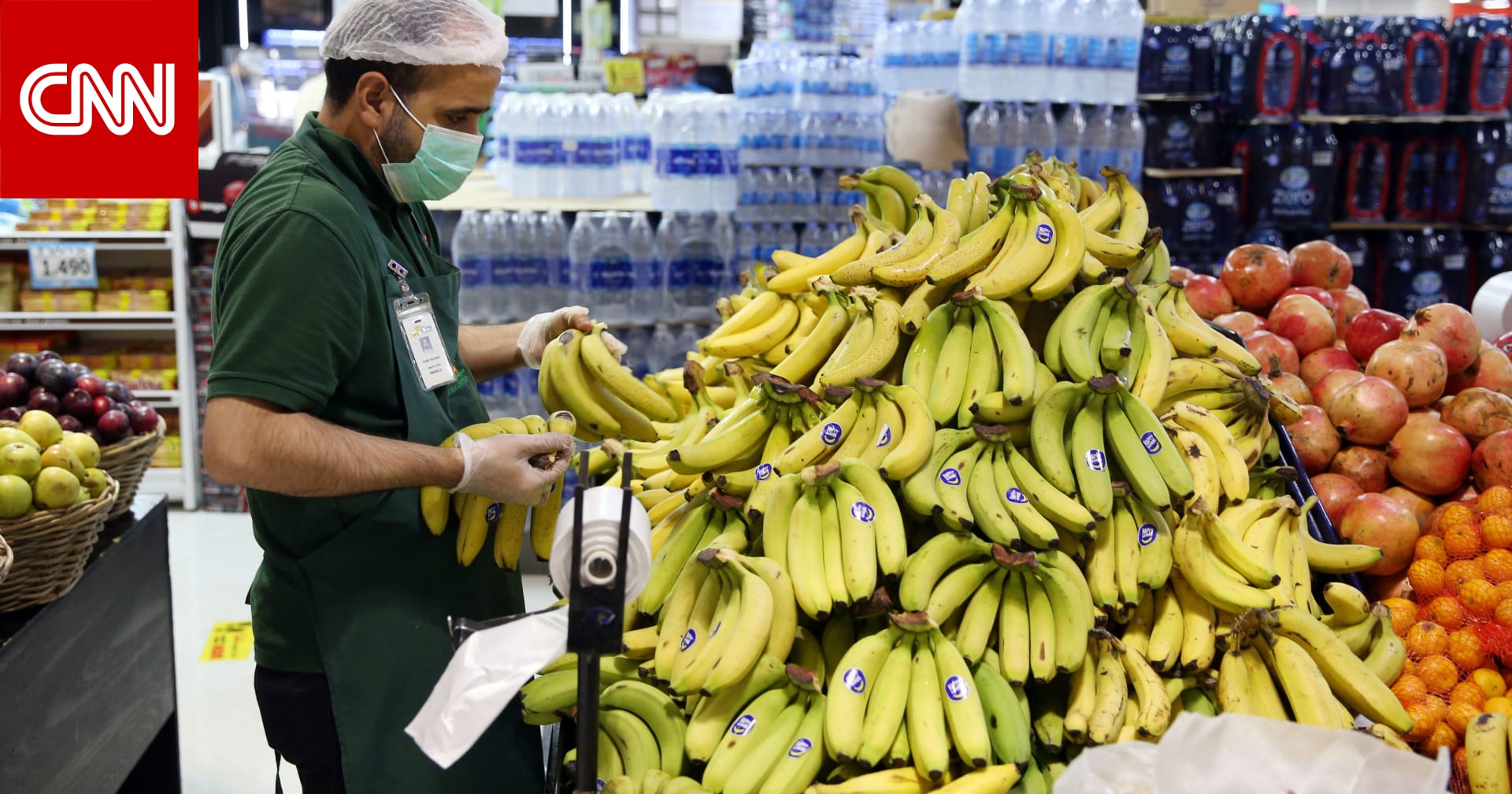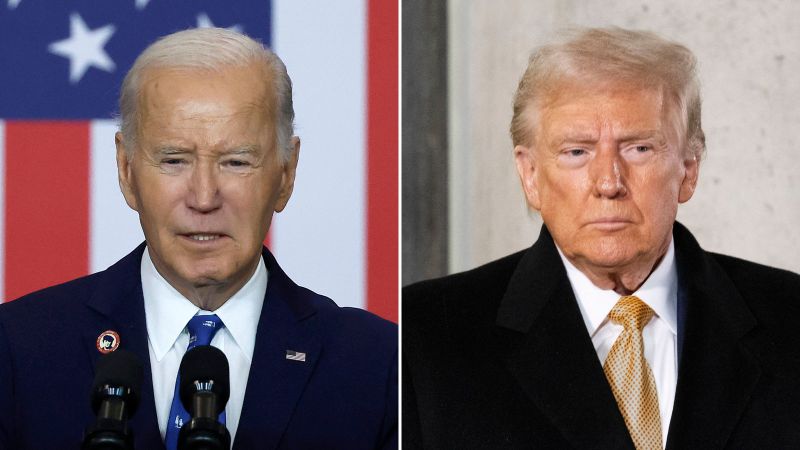Dubai, United Arab Emirates (CNN) – The Oman News Agency said on Sunday that the Sultanate is ready to implement the value-added tax law, starting April 16 2021.
The head of the Omani Tax Authority, Saud bin Nasser bin Rashid Al Shukaily, confirmed that all the necessary requirements to start implementing the law have been completed, in terms of “issuing tax-related legislation, operating the tax computer system, and electronic linking with the authorities concerned with the application and strengthening the human cadre in the agency.” It was reported by the Oman News Agency.
The value-added tax, at a rate of 5%, will generate about 1.5% of the value of GDP, as about 400 million Omani riyals, or about one billion dollars, will be collected annually from the application of the tax, according to Al-Shukaily.
Al-Shukaily said in a statement to Oman News Agency that the value-added tax “is characterized by neutrality for all business sectors, including small and medium enterprises, and registration with the agency gives them the right to claim input tax on purchases that they have paid.”
Value-added tax will be imposed on most goods and services in addition to goods imported into the Sultanate, with some exceptions specified in the law. Under the law, the tax will not cover health care, education, financial services, basic foodstuffs, and supplies for people with disabilities.
The decision aims to support the achievement of Oman’s goals in reducing dependence on oil and other hydrocarbon products as major sources of state revenue, and it will also contribute to improving public services and continuing the development of infrastructure in the future.
It is noteworthy that all the countries of the Gulf Cooperation Council had agreed to impose a value-added tax in 2016 after the drop in oil prices, as Saudi Arabia, the UAE and Bahrain had already applied the tax, and Riyadh raised it 3 times this year due to the outbreak of the Corona pandemic and its impact on the oil market.






